The concept that formed the main target of the discussion was that, with a focus on recycling, scrap would be recycled and used in steel production instead of production from scratch, and that green steel would be produced with this and similar ecological methods. Based on this, there was a discussion on the fact that Europe will increase its scrap demand in line with these targets in the next 5 years, that the existing scrap capacities will only be sufficient for Europe, and that exports of scrap should be restricted, as scrap exports could imbalance the demand here.
Regarding the possible consequences of the European Parliament's recent revision of the Waste Shipment Regulation, Björkman said that scrap shipments to non-OECD countries will be a major challenge. Luckily, Turkey, an important destination for steel scrap exported from the EU, will not be affected, he added.
In addition, trade tensions were also on the mind of Murat Cebecioğlu of Turkey-based İÇDAŞ Steel, who is the general chairman of IREPAS and its producers' committee. Trade barriers have made it difficult to sell steel to the US, Canada and the EU, he said, and "it is impossible to sell to Singapore and Hong Kong".
He also said that Turkish steelmakers are losing markets in countries they used to export to, such as Egypt, the Gulf Cooperation Council (GCC) countries and Indonesia, as these regions have become exporters themselves.
Regarding the expected demand for steel in southern Turkey following the devastating earthquakes that struck southern Turkey in February, Cebecioğlu said that natural disasters will create demand for the steel sector, but the demand will be spread out over years, adding that "it will not come all at once."


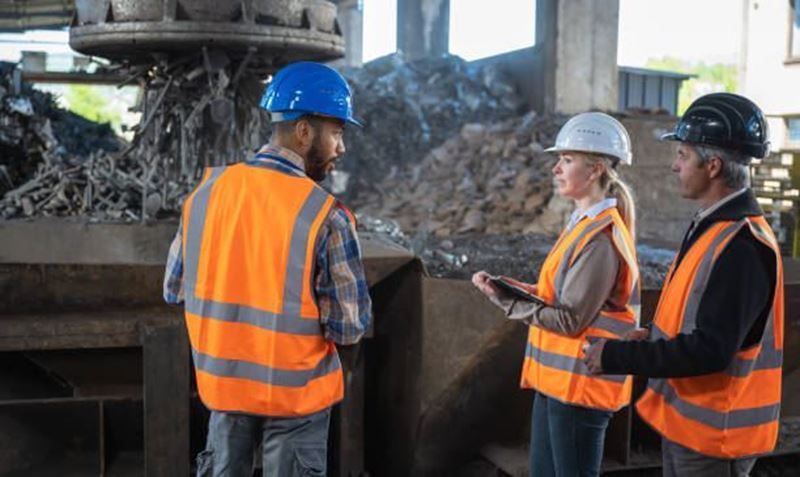


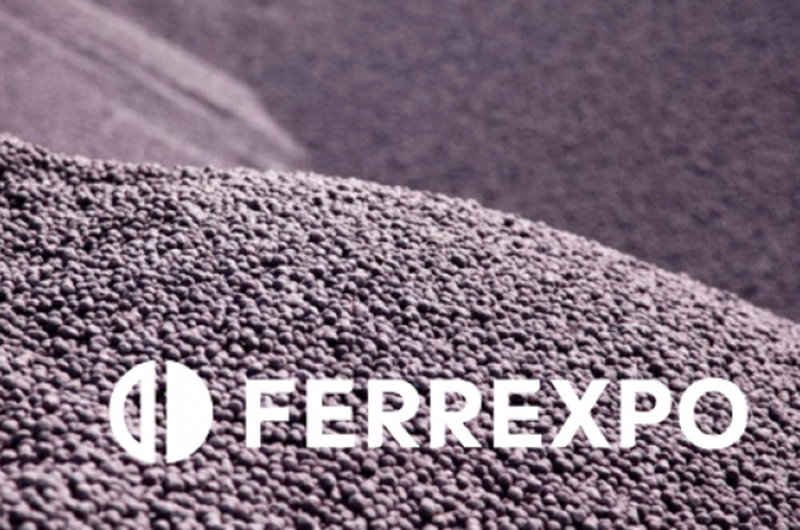
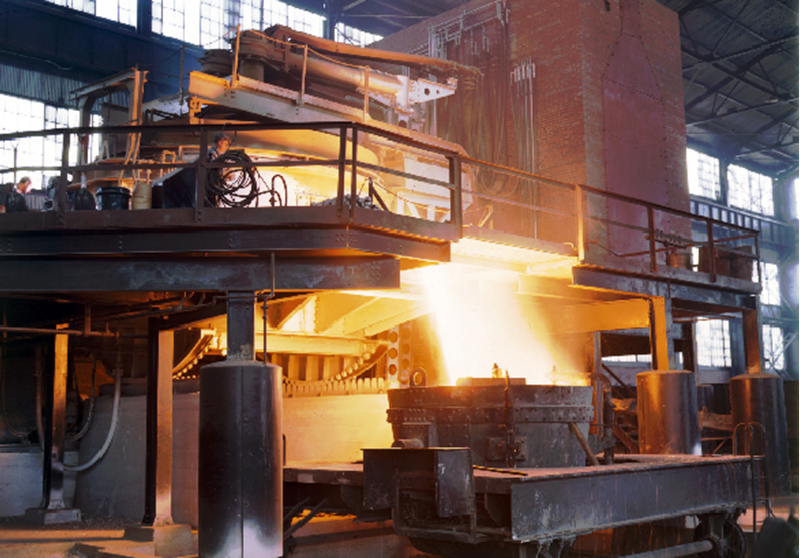
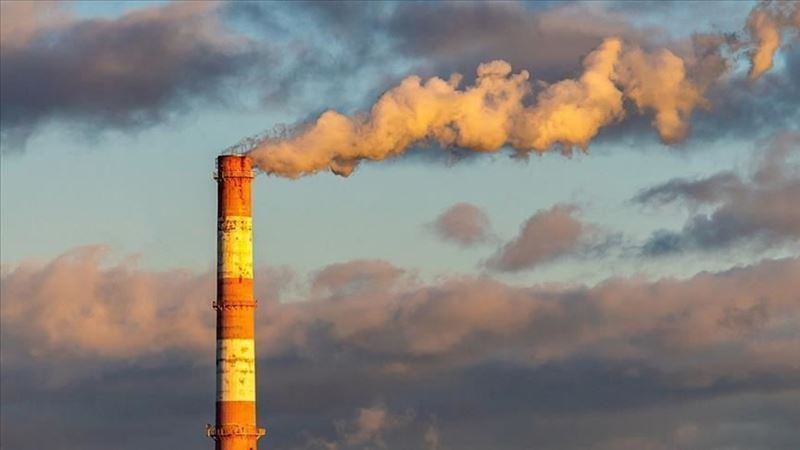
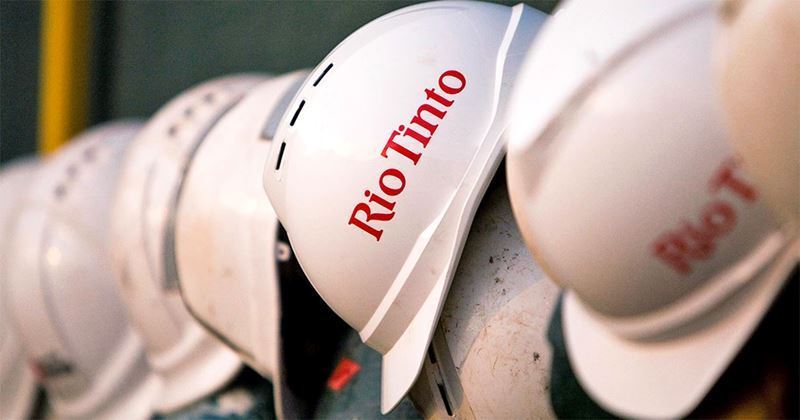


Comments
No comment yet.